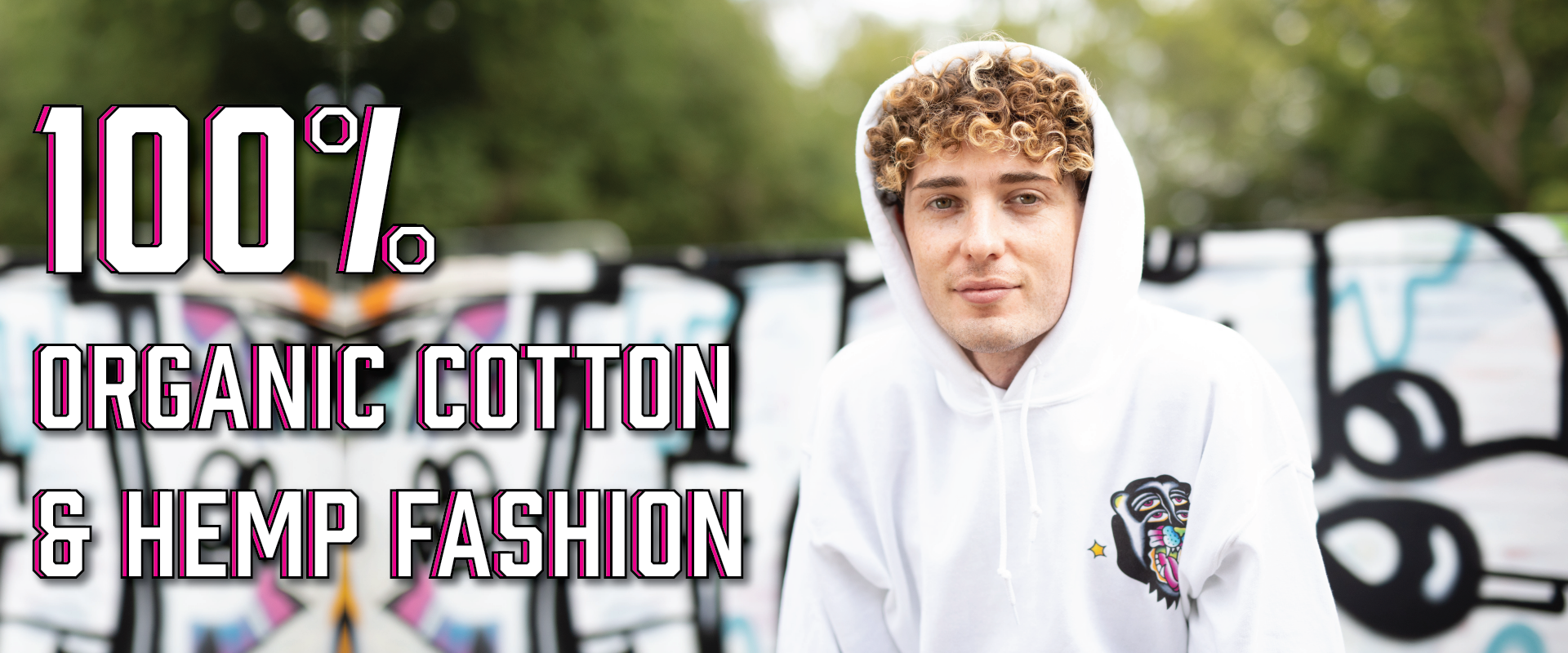In Kazakhstan, the eastern basin of the Aral Sea has entirely dried up. What used to be a 5m-deep body of water, covering an area of 68,000km2, has been shrinking since the 1960s and has now almost completely disappeared. The eastern basin is now named the Aralkum Desert with no water in sight.
The shrinkage in water isn’t due to global warming, but because of the devastating effects of cotton growth to feed the fashion industry. From 1960 to 2000, the volume of water needed to irrigate cotton crops doubled, owing to the rapid reduction of the size of the Aral Sea. (See here for Nasa’s observation images from 2000 – 2018.) It’s less surprising a whole sea has dried up when the World Economic Forum states, “It takes about 700 gallons of water to produce one cotton shirt. That’s enough water for one person to drink at least eight cups per day for three-and-a-half years.” 700 gallons for one cotton shirt...
The fashion industry is the world’s second-largest polluting sector (surpassed only by the energy sector) and according to the Intergovernmental Panel on Climate Change, each year, the fashion industry:
-
uses around 1.5 trillion litres of water
-
is the second-largest consumer of the world’s water supply
-
and produces 10% of global carbon dioxide emissions
Many of these clothes are disregarded after a season or two, showing they are utterly disposable. But do we feel the same about the impact on human life and the environment? When we reframe the problem and think about the effects the fashion industry has on the environment and people’s welfare, maybe we’d think twice about disposing of these commodities so quickly.
Fortunately, we are waking up to the damaging effect of ‘fast-fashion’. Fast-fashion consists of inexpensive clothes that are rapidly produced and sold in mass-market retail shops to keep abreast the latest trends. Documentary-makers have focused heavily on the human-cost of fast-fashion. Cheap labour, long days and poor working conditions have flooded the news over recent years and the environmental impacts are starting to be recognised. It’s estimated that the fashion industry is responsible for 20% of the global industrial water pollution and the Citarum River in West Java, Indonesia, contains levels of mercury that are four times higher than what is deemed to be safe. Often, regulations about pollution are less strict in developing countries where fast-fashion items are manufactured than in the EU or US where they are usually designed. The chemical-dense water waste (from treating and dying the garments) meanders to freshwater streams and pollutes them, harming animals and people who rely on this freshwater.
Researchers at the University of Manchester found an example of:
-
a European textile-finishing company using over 466g of chemicals for every kilogram of textile
We know that around 60% of fast-fashion items contain polyester (a plastic that releases two to three times more carbon emissions than cotton and that doesn’t biodegrade in the oceans). We know that this damages our aquatic ecosystems and harms animals. And we’ve all seen the images of piles of clothes consuming landfills. In fact, around 85% of textile waste in the US finds its way into landfills or is incinerated – not very sustainable, right?
And yet fast-fashion still pervades our western culture. Why? Because it’s cheap, easy to get hold of and we don’t know enough about viable alternatives. For the sake of the planet, we need to re-think how we shop. We need to buy clothes that will last with a view to keeping them in our wardrobes for years. We need to stop normalising buying an outfit for one occasion and be willing to wear the same pieces again and again.
Of course, ‘sustainable fashion’ doesn’t need to mean ‘drab’. Brands across the world are working towards sustainable and ethical fashion and fashion houses are coming up with quirky ideas of how to be fashion- and eco-conscious.
Trippy Panther is part of this solution. Rooted in the values of sustainability, fair-trade, cruelty-free, plant-based and ethical sourcing, we only collaborate with companies we know and trust – companies who can track their product from growth through the production cycles. We’ve teamed up with one of the world’s leading eco-fashion companies to bring you cool styles that won’t harm our planet. Our clothing lines here are made from GOTS certified organic cotton and hemp and are soft, durable and fashion-conscious. Whilst organic cotton only makes up about 0.4% of the cotton market, if everyone shopped more consciously and stopped throwing away clothes after one season, this would dramatically reduce the damaging effects of the fashion industry.
Being eco-conscious is in, and it won’t be going out of style anytime soon.
Sources:





